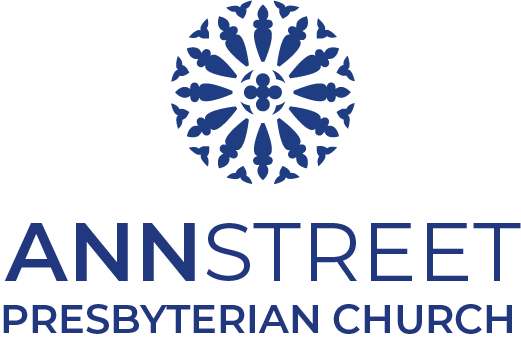Fill in the table from the passage:
Why does Jesus speak in parables?
Why can the disciples understand the parables (or ‘the secrets of the kingdom of heaven’, v11)?
In Mark 4:21-22, Jesus teaches that the parables are designed to reveal God’s wisdom and truth, like a lamp on a stand. Yet we also see that God’s Word is impossible to understand by human wisdom alone, and that those who understand His Word are ‘given’ knowledge (v11). We are utterly dependent on our God to enlighten our minds and hearts and save us. Thus we can never expect our non-believing friends to understand God’s Word without His Spirit working in their hearts. Keep praying for the lost!
This dependence is depicted by the parable of the seeds - they are passive. However, there is also a warning and exhortation for believers in this parable.
What is Jesus’ warning and exhortation in the parable of the sower?
How does Jesus’ teaching warn or encourage you in your current circumstances?
1. Thank God for the seed of His Word that bears fruit in receptive hearts. Pray for perseverance in sharing the gospel, trusting Him for the results.
2. Josh & Bethany Fraser: Pray for their baby’s healthy development and for Cece to settle into routines.
3. New City Kids: Pray for the children's ministry to teach young hearts about Jesus and foster family discussions on Scripture throughout the week.






